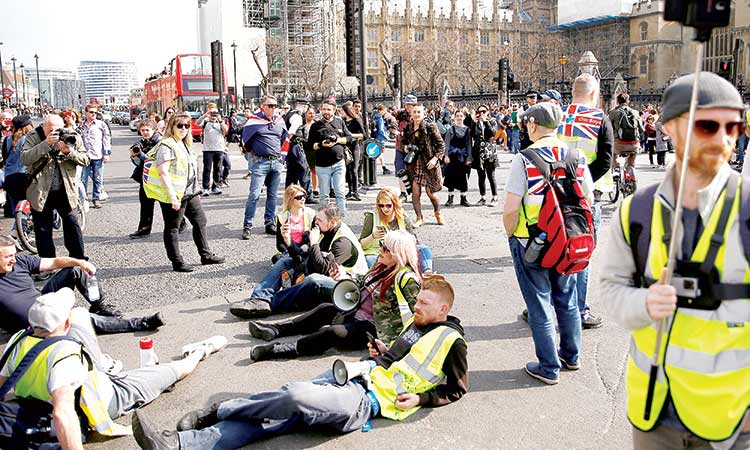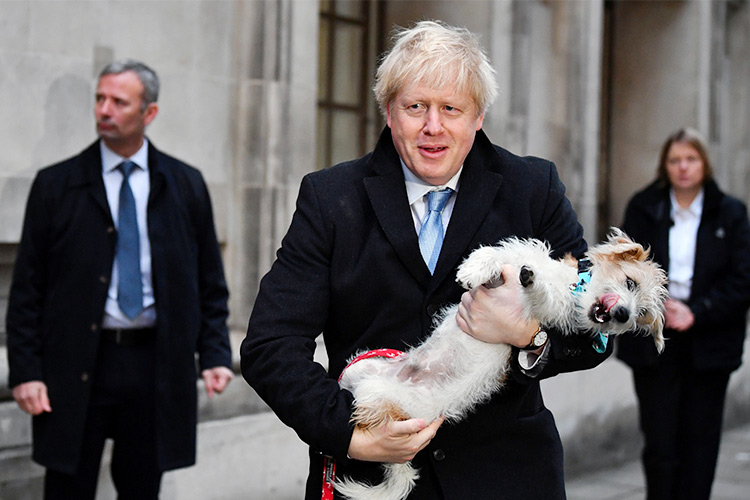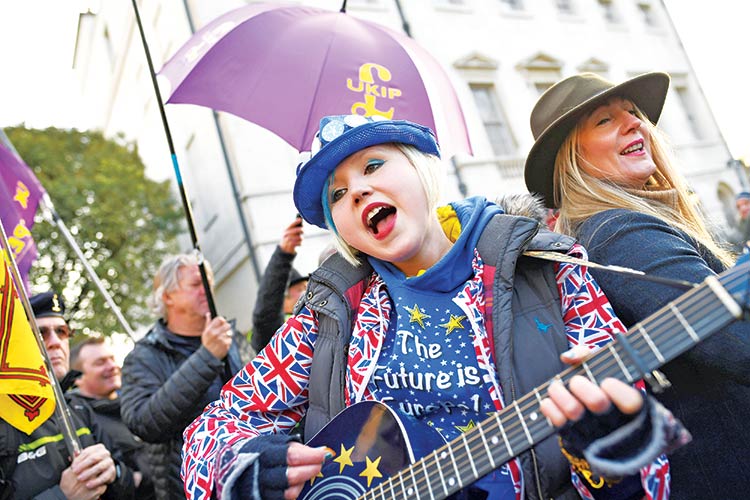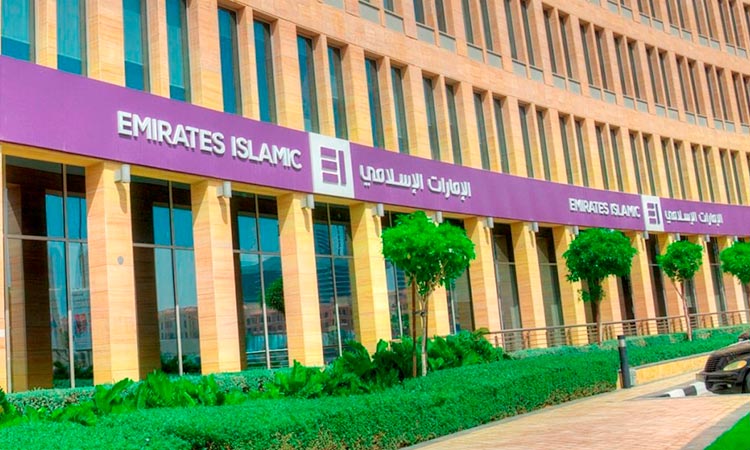‘London will survive in a post-Brexit world’
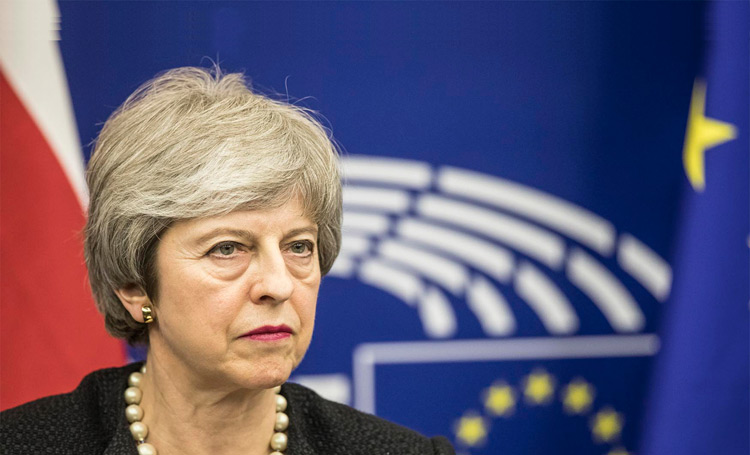
Theresa May
Since Britain voted to leave the European Union nearly three years ago, London’s financial services industry has been trying to prepare for losing access to its biggest trading bloc, its toughest challenge since the 2007-2009 financial crisis.
London, which is home to the world’s highest number of banks and largest commercial insurance market, has potentially a lot to lose from the end of unfettered access to the EU’s post-Brexit market, its biggest trading partner.
But Liam Fox, the British trade minister, said he has confidence in the finance industry’s ability to emerge stronger from Brexit and the government values the sector.
“I am convinced that once the dust settles, the City of London will do what it always does, which is to emerge fitter, stronger and more dynamic than ever,” Fox will tell an audience at the medieval Guildhall in London’s financial district.
“We recognise your difficulties, we recognise your importance and we want to work with you to give certainty and stability.” Britain’s finance industry remains deeply unpopular among the general public for its role in the financial crisis. But the industry accounts for about 12% of Britain’s economic output, employs about 2.2 million people and pays more taxes than any other industry.
British financial services minister John Glen said the City of London’s traditional strengths were in good health, with new sectors such as fintech growing.
But the “slow and frustrating” process of seeking a deal in parliament on Britain’s departure from the European Union remained a “stubborn” shadow over the sector, Glen said.
“I know the City wants and frankly deserves certainty, and I am sorry that I can’t give that today,” Glen said.
May and Finance Minister Philip Hammond will meet with leading figures from the financial sector to discuss how to ensure that Britain’s business environment remains one of the most competitive in the world, Glen said.
Barclays’ bank former chairman John McFarlane said the City cannot take success for granted, especially if the European Union closes its markets to Britain, and foreign financial firms are forced to move activities from London to the bloc.
Bernard Mensah, the president of Bank of America Merrill Lynch in Europe, the Middle East and Africa, said his bosses in the United States were bemused Britain’s decision to leave the EU and it diverting attention from bigger challenges.
Mensah said the best strategists, lawyers and staff working in technology were working on preparing his bank to be ready for leaving the EU.
“There is a real underlying cost,” he said. “The challenge that we face as a region, as an economy, and as an industry are huge and we are distracted by focusing on Brexit right now.” Meanhwhile, Britain’s Electoral Commission regulator said on Monday it would review fundraising by the new Brexit Party founded by anti-EU populist Nigel Farage, which is predicted to win this week’s European elections.
“We are attending the Brexit Party’s office tomorrow to conduct a review of the systems it has in place to receive funds,” a spokesperson for the commission said in a statement.
“If there’s evidence that the law may have been broken, we will consider that in line with our enforcement policy.” The move follows a growing furore around the financing of the fledgling eurosceptic party, set up by the controversial MEP in January in protest at the government’s failure to deliver Brexit.
It claims to have registered nearly 110,000 supporters paying £25 ($32, 29 euros) annual membership fees, but has drawn scrutiny for using a PayPal system that critics claim is too open.
British law only regulates donations to political parties over £500, which must come from UK citizens or UK-registered companies.
Labour MP Chris Bryant was among those to raise concerns, saying it would be “simple” for a foreign power or individual to donate “hundreds or thousands of £499 in sterling or other currencies”.
“Our democracy is basically up for sale,” he said.
The Daily Mirror newspaper last week reported it had signed up as a Brexit Party supporter under the name of Russian President Vladimir Putin, giving the address of the Kremlin in Russia.
“The Brexit Party, like all registered political parties, has to comply with laws that require any donation it accepts of over £500 to be from a permissible source,” the commission added in its statement.
Reuters
